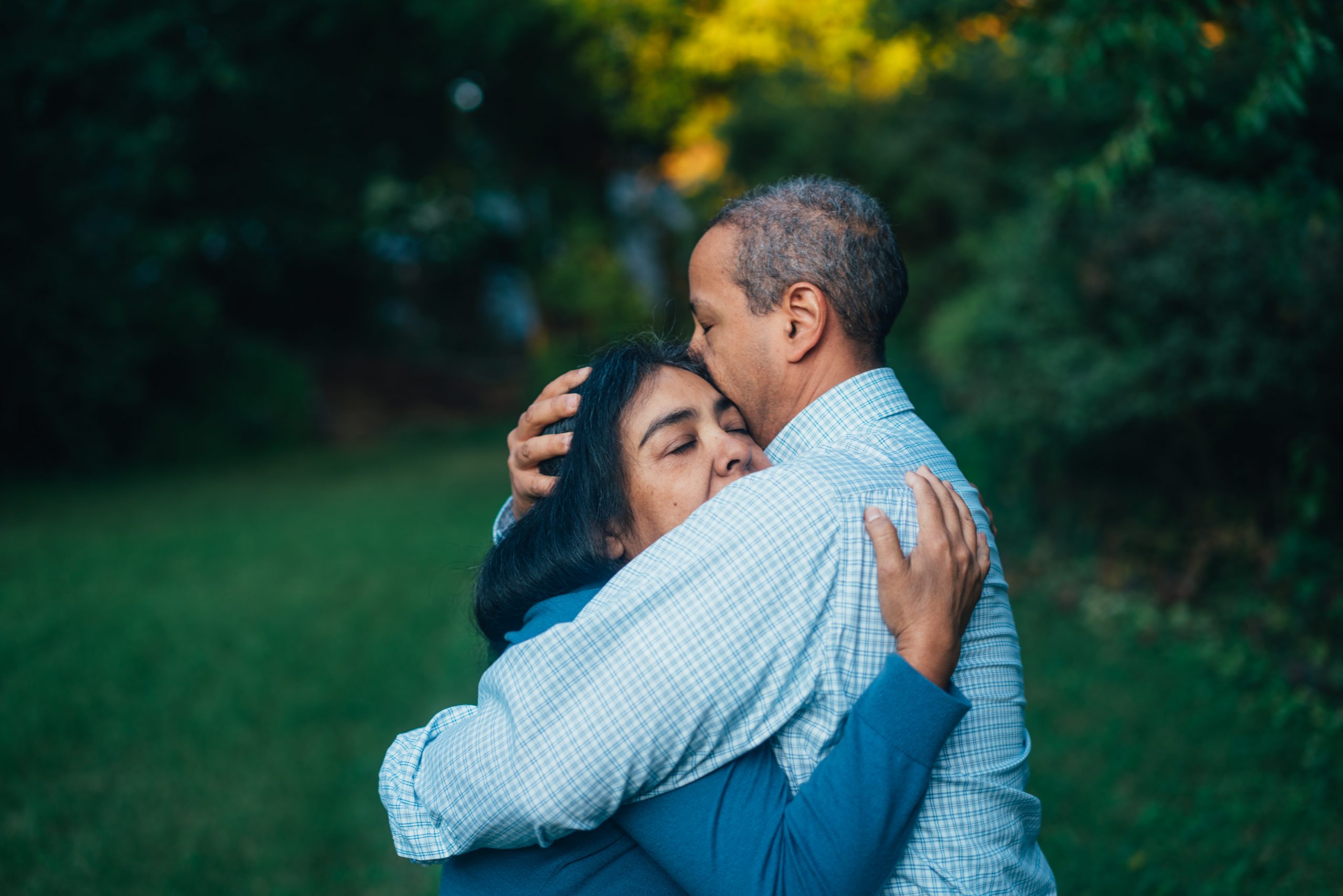Parents who have lost a child

The death of a child is devastating. If your child dies by suicide, the fact that they seemingly ‘chose to die’ makes this even worse, and can seem like a rejection of you as a parent. You may feel that you have failed because you couldn’t help them and wonder if anything you said or did contributed to their state of mind. You might feel guilty for not noticing things which, looking back, you think may have been warning signs. You may discover things that they kept hidden from you and realise that you did not know them as well as you thought. You may blame yourself for not realising that they were so unhappy. You may also feel that others are judging you as a bad parent. No one can be a perfect parent – try to remember all the good things you did for your child.
If you have other children, they will need you even more at this time. Ask other family members or friends for help until you regain your confidence. You may worry that your other children may be in danger of suicide; PAPYRUS (prevention of young suicide) can provide advice and support (see Sources of information and support – bereaved children). You can help your children by encouraging them to talk about their feelings and to find other ways of dealing with problems. Try not to become overprotective or to put too much pressure on them. Value them for their own qualities and prevent them from feeling that they have to take the place of your dead child. If your only child has died, you may feel that all your hopes and plans for the future are now gone and that life is pointless. It is important to try to remember that your child will always be a part of you and that their memory will remain. If feelings of hopelessness persist, see your doctor.
If your adult child has died, you may feel unsupported compared with your child’s spouse and children. You may feel an extra burden of responsibility to ‘make things right’ for your grandchildren, but may not be able to do so. If you have any feelings of anger or blame towards your child’s partner, try not to express them in front of your grandchildren.
Mothers and fathers often mourn in different ways. This can put a strain on relationships as it can be difficult to share feelings and to live with each other’s pain. Some parents blame the other for the death and may question their reasons for staying together, but some may become closer through supporting each other and sharing their grief.
Grief can affect sexual feelings and responsiveness, and men and women often experience this differently. Women, especially mothers, may want to avoid sexual contact, whereas men may feel a greater desire for the closeness and comfort of sex with their partner and feel hurt and angry if rejected. With patience and understanding things usually return to normal, but if problems persist it might help to talk to your doctor or a specialist. For separated or divorced parents there can be extra complications. The parent who did not live with the child may feel excluded from the family mourning, or may be less supported or even blamed. Step-parents may also feel left out. It is helpful to let your partner know how you are feeling.
